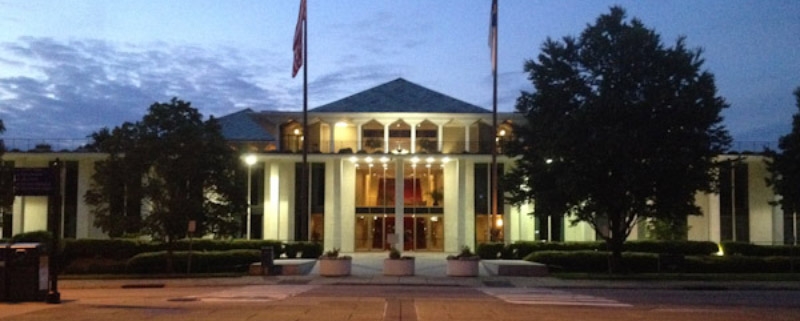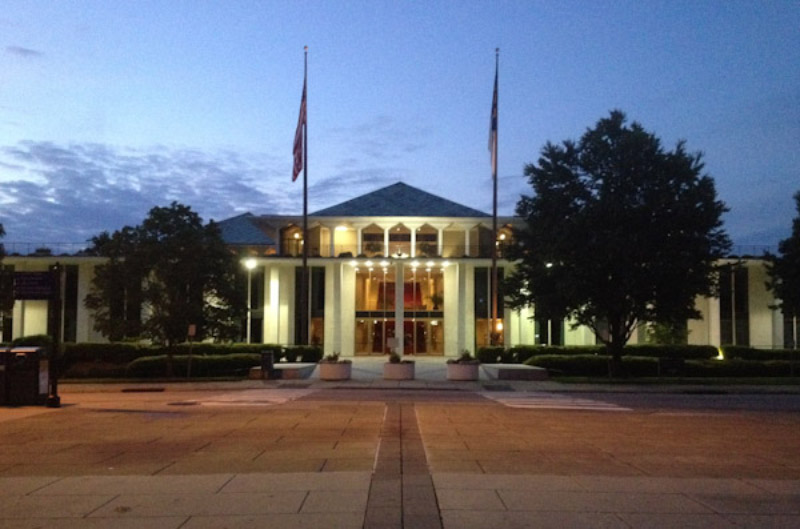Gale’s Blog: All About the (Proposed) Budget
Cary, NC – The biennial budget dance began March 6 when Gov. Roy Cooper rolled out his proposal: $25.2 B for fiscal year (FY) 2019-20 and $25.96 for FY 2020-21, described as containing “visionary investments in education, health care and infrastructure with no tax increases”.
In this budget the state’s 10% share of Medicaid expansion is funded by assessments on hospitals and prepaid health plans (PHPs, aka Medicaid managed care companies). Whether and how to expand Medicaid will be a complicated process and likely handled separately from the budget.
The Budget Process
The Governor’s proposed budget is just that—suggested spending based on revenue projections and his administration’s spending priorities. It will be followed in coming months by the legislative budget, starting as a House bill (the House and Senate alternate initial budget writing every 2 years). Once the House budget bill passes the Appropriations committee (typically with amendments), is debated on the House floor and passes after two votes on different days (again, typically with amendments), it goes to the Senate where the process is repeated.
Based on history, significant changes will be made to the budget bill in the Senate and a proposed committee substitute will return to the House for a concurrence vote. When the House votes “not to concur” (as it will), a conference committee will be appointed by Speaker Moore and President Pro-Tem Berger to iron out the differences in a conference report. The conference committee will have dozens of appointees and the ensuing budget negotiations will take several weeks. Once completed, the conference report will go to each Chamber for debate and an “up or down” vote—no amendments may be added at that point.
Without the 72 votes needed for a veto override, the legislative majority might pay more attention to the governor’s budget to avoid a veto that could stick and send them back to the drawing board as the June 30 budget deadline draws near.
Budget negotiations, Medicaid expansion, independent redistricting and ABC reform are among the issues expected to keep the legislature in session well beyond June.
Highlights of the Governor’s budget
- 9.1% average raises for teachers over the next two years
- Raises of 1.5% or $500, whichever is greater, in each of the next two years for state employees
- An additional $500 a year, on top of the state employee raise, for law enforcement and corrections officers, state hospital employees and non-certified school employees such as teaching assistants
- A one-time 2% cost-of-living adjustment for state retirees
- Expansion of Medicaid to provide health coverage for low-income working adults
- A $3.9 billion bond to help fund school construction and local infrastructure projects. This would be on the ballot for voter approval 2020
- $30 million to pay community college tuition for training in high-demand professions, such as architecture and construction, health sciences, information technology, electrical line work and manufacturing
- $6.5 million to eliminate the $50 teachers must pay for a substitute when they take a personal leave day
- Phase out of the Opportunity Scholarships program that pays tuition for K-12 students to attend private or religious schools
- $5 million to eliminate reduced-price school breakfasts and lunches, providing free meals to all who qualify
- $12 million to improve prison safety
- $6 million over two years to analyze untested rape kits across the state
- $288 million in bonds that don’t require voter approval to pay for moving the Department of Health and Human Services offices out of buildings in Raleigh’s planned Dix Park and to expand a state lab for more air and water quality testing
- $6.3 million and 37 new state workers to identify and regulate GenX and other emerging chemical compounds found in our drinking water
- $1.5 million for clean energy programs, including studying the potential for offshore wind farms
- $15 million in Medicaid funding to expand treatment options for opioid abuse
- $1 million grants to local food banks
Broadband in the budget
Governor Cooper’s budget also includes a heavy emphasis on economic development needs in the state’s rural communities, including funding for jobs incentives, water and sewer infrastructure, dozens of specific projects in targeted communities, and broadband internet grants including $30 million added to a $10 million broadband internet grant fund created by the legislature in 2018. Known as the GREAT program, this new grant program helps service providers afford expansion into underserved communities. Another $5 million would create a ‘Homework Gap’ program to help school districts provide mobile internet hotspots and other services for students who lack internet connections at home.
In conclusion
I will send another budget update when the House budget is introduced.
Yours in service,
Gale
From the blog of NC Representative Gale Adcock.





It’s nice to see a reasonable budget request from the Governor.
Thanks to Gale Adcock for informing and representing the people!